Christian Horn (Seoul) & Monika Moravkova (Seoul) p. 100-120
2024 Issue 2
Abstract
Der Beitrag zeigt, wie ein lokales DaF-Unterrichtsprojekt systematisch zu einem internationalen Plattformprojekt skaliert werden kann. Plattformprojekte vernetzen Lernende und Lehrende im Rahmen von Unterrichtsprojekten zu einem bestimmten Thema kursübergreifend zum Beispiel über eine Webseite, auf der die Projektprodukte präsentiert werden. Aufgrund ihrer Komplexität erfordern Plattformprojekte ein zentrales Projektmanagement. Ausgangspunkt des Beitrags ist das sogenannte „Mausprojekt“ für DaF-Lernende an Hochschulen, das 2017 an einer Universität in Südkorea konzipiert, 2018 skaliert und seit 2019 von Lehrkräften weltweit als internationales Schreibprojekt genutzt wird. Nach der Erstkonzeption des Unterrichtsprojekts stellt die Skalierung die zweite Entwicklungsphase des Mausprojekts dar. Der Beitrag stellt die dabei erforderlichen konzeptionellen und technischen Maßnahmen sowie die Herausforderungen vor, die mit diesem Entwicklungsschritt des Mausprojekts verbunden waren. Er gibt Kolleginnen und Kollegen damit ein konkretes Verfahrensmuster für ähnliche Projektambitionen an die Hand.
The article demonstrates how a local German as a Foreign Language (GFL) teaching project can be systematically scaled into an international platform project. Platform projects connect learners and teachers in teaching projects on a specific topic across courses, for example via a website on which the project products are presented. Due to their complexity, platform projects require centralized project management. The starting point of the article is the so-called “Mausprojekt” for GFL learners at universities, which was conceived in 2017 at a university in South Korea, scaled in 2018, and has been used by instructors worldwide as an international writing project since 2019. Following the initial conception of the teaching project, scaling represents the second developmental phase of the Mausprojekt. The article outlines the necessary conceptual and technical measures, as well as the challenges associated with this developmental step of the Mausprojekt. It thus provides colleagues with a concrete procedural model for similar project ambitions.
